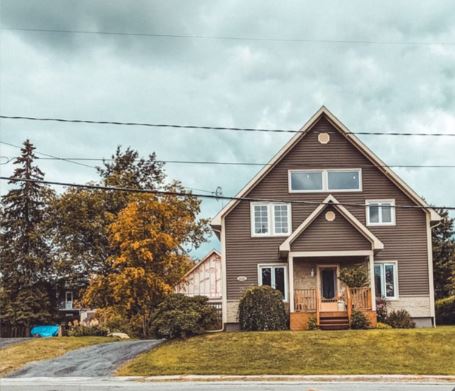Donating time and/or resources is a virtuous activity. Parishioners volunteer for church. Parents help with their kids’ school functions. Citizens clean up parks.
Some local governments want to change that by offering volunteering seniors a break on their property taxes. While total elimination of this odious tax is the ultimate goal, any reduction of it in the interim will do.
There are a few problems with such proposals.
One thing that enables us to volunteer is our prosperity. Despite declarations by some politicos, things are shaky right now. In addition to the eyewatering price of gas, tanking stock markets, and other residual effects of government lockdowns, we’re experiencing continued labor shortages.
This credit would exacerbate that problem.
In a recent interview, one councilwoman asserted that the program is aimed at those “already” volunteering. “They may as well get credit.” Official policy proposals imply otherwise.
Citing “isolation and loneliness” studies, they point to the benefits of getting seniors out of the house, how it can stem cognitive decline, among other negative effects associated with aging.
As a consequence, they’re lured away from the private sector, where seniors like my father feel they “still have more to give.”
Regardless of property tax credits’ modest size, seniors could still lose their home, just like the rest of us, if they’re unable to pay the balance. Thousands are already more than two years late ponying up to the taxman.
It’s distinctly possible that municipalities that seek to be an “’employer of choice’” fail to see this link. It points to an underlying concern: the disconnectedness that exists between governments and their respective jurisdictions.
When the vast majority of staff and elected representatives favor a more active government, it’s no surprise to see official documents tout that tax “revenues performed well.” Respect for individuals and independent wealth-creators takes a backseat.
They can dictate “the maximum number of participants and … reduction (they) can receive,” protecting their own “so as to not adversely impact … operations.”
The media add to this chorus by characterizing exemption savings to taxpayers as what the “city loses.”
Property tax systems essentially amount to little more than social engineering tools. If programs like these “work well,” governments reserve the power to determine “other populations that may be vulnerable.”
As public appraisers themselves point out, property taxes are also an instrument for cronyism, given the inequitable favoritism shown to commercial property.
The only time politicians extend such favor to homeowners is when their respective states compel them to. Ironically, sometimes it’s the state itself that permits levying this tax in the first place.
Cracking that nut is another task altogether.
For the time being, to paraphrase Chris Rock, just because a municipality can do it, doesn’t mean it should. Alas, we keep getting the Will Smith smackdown. Political openings however, occasionally present themselves.
Politicians like espouse a “belie(f) in representative government,” that their “vote is based on the needs of (their) constituents.” Too often that’s used to justify taking from some to give to others. Paid sick leave laws come to mind.
When they extend this to pleas they’re hearing for “property tax relief,” voters should pounce.
These flexible principles, and any newfound religion (from “meaningless” savings of a 5% exemption, to wanting to “(go) big”), should be exploited to abolish this antiquated tax scheme for good.
People are more generous when they’re more prosperous. Government bribes need not apply.

